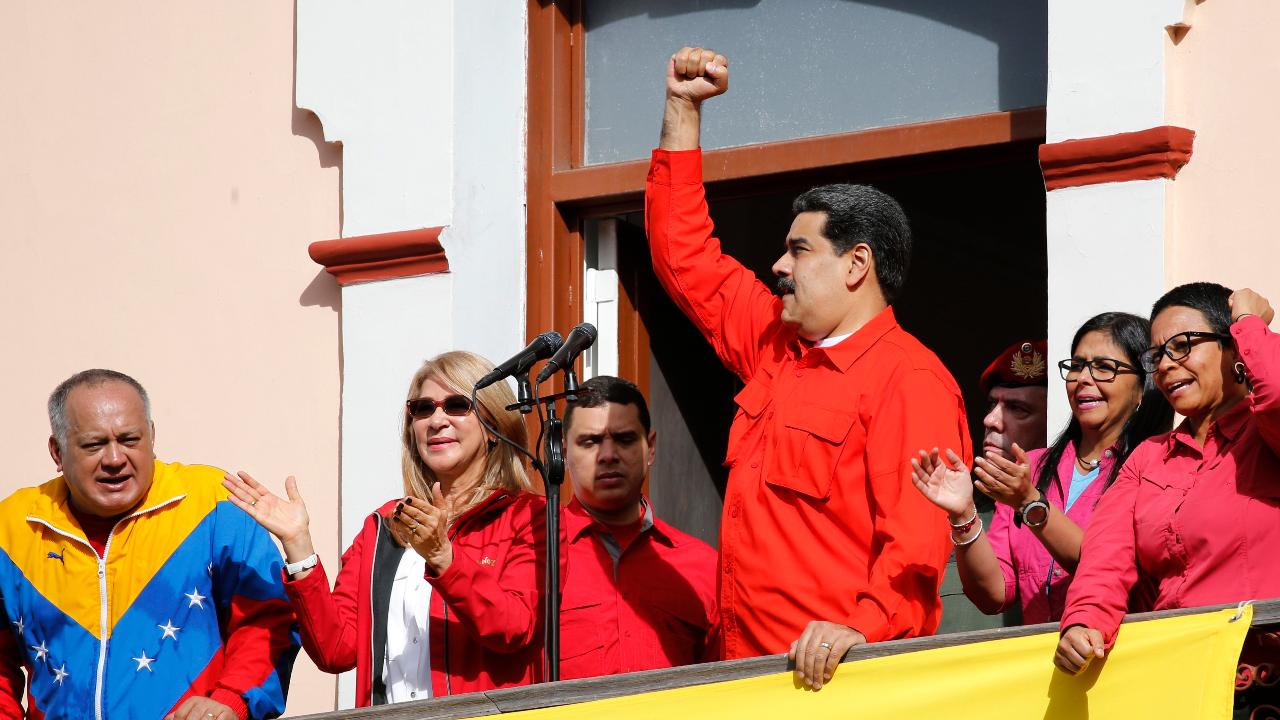Alexandria Ocasio-Cortez refuses to denounce Venezuela's Maduro
Rep. Alexandria Ocasio-Cortez (D-N.Y.) has been receiving backlash for not condemning the regime of embattled Venezuelan President Nicolás Maduro.
At a press conference in New York City Monday, Ocasio-Cortez said, “I think it’s important that any solution that we have centers the Venezuelan people and centers the democracy of Venezuelan people first” in response to being asked if she would denounce the Maduro regime.
Wall Street Journal columnist Mary Anastasia O’Grady told FOX Business’ Stuart Varney that the freshman congresswoman is catering to the Democrats on the far left.
“When someone calls something a complex issue in a soundbite, it’s really code language for I don’t know anything I’m talking about, but I want to send a signal to my hard left backers that I denounce the U.S. military,” she said on Tuesday.
Venezuelan opposition leader Juan Guaidó returned to Venezuela Monday despite political tensions with the Maduro regime. Guaidó left the country for 10 days defying a travel ban imposed by Venezuela’s Supreme Court.
“They know that the entire country is behind [Guaidó] basically. So, they would make more trouble for themselves,” O’Grady said on “Varney & Co” when asked what could happen to Guaidó.
In January, Guaidó was sworn in as president of the National Assembly and said he was ready to act as interim president until fair elections could be carried out in Venezuela.
CLICK HERE TO GET THE FOX BUSINESS APP
O’Grady said the Venezuelan military must be kept under close watch by the U.S. government.
“We have to wait for the military to take that next step. I think what’s going on behind the scenes,” she said. “There’s a lot of negotiation about what’s in it for me. [The military] wants to make sure that their interest are protected in any kind of transition.”
She also commented on Cuba’s influence in the conflict, saying, “The Cubans no doubt are a part of this negotiation…The Cubans have this survival interest which is that they need to keep their foothold in South America.”




















